Deal within reach if US shows genuine will in Oman talks: Araghchi
Iran’s foreign minister has voiced optimism ahead of the upcoming round of indirect talks with the United States, saying a deal can be reached if Washington demonstrates genuine will.
Abbas Araghchi, speaking in Algeria on Tuesday, said Iran’s primary goal in the negotiations is to secure the rights of its people and achieve the lifting of sanctions and that the ball is now in America’s court to prove it seeks a deal.
“If the other side is genuinely willing, this goal is attainable, regardless of whether the talks are direct or indirect,” he said.
The minister said Iran favors indirect negotiations and has no plan to engage in direct talks.
Araghchi said that Iran rejects any negotiations conducted under pressure or threats.
“Such negotiations amount to dictation, and we do not believe in that approach. Indirect negotiations can help ensure a real and meaningful dialogue, and that’s the path we will pursue.”
Araghchi said indirect talks have occurred many times in the history of international relations.
“There are countries that, due to historical or other reasons, refuse to engage in direct talks. The current negotiations between Russia and Ukraine, for instance, are taking place indirectly through the US, since neither side is willing to meet face-to-face.”
Regarding the agenda of the talks, Araghchi dismissed Israeli speculation that the process would mirror US-Libya negotiations from the early 2000s, which led to the dismantling of Libya’s nuclear facilities.
“People may speculate or express their wishes, but what the Zionist regime has suggested—a ‘Libya model’ of negotiations—is merely a fantasy that will never be realized,” he said.
The minister reiterated that Iran’s nuclear program is entirely peaceful and legitimate and that the country is ready to take confidence-building steps to demonstrate the sincerity of its position.
“If there are any questions or ambiguities, we are ready to clarify. We are confident in the peaceful nature of our program, and we have no problem taking further steps to build trust—so long as they don’t impose restrictions or undermine Iran’s national goals.”
“In return for confidence-building, it is only natural that the unjust sanctions imposed based on false accusations must be lifted.”
US President Donald Trump made a surprise announcement during a White House meeting with Israeli Prime Minister Benjamin Netanyahu on April 7, stating that his administration would initiate talks with Iran.
Araghchi later confirmed that Iran and the US will hold indirect talks in Oman on April 12. US Middle East envoy Steve Witkoff will attend the talks on Washington’s behalf, while Araghchi himself will represent Iran.
Trump claimed the talks would be “direct,” but Iran has clarified they will be held indirectly.
Russia has welcomed the prospect of negotiations aimed at replacing the 2015 nuclear accord, which Trump unilaterally abandoned in 2018.
“We know that certain contacts—direct and indirect—are planned in Oman. And, of course, this can only be welcomed, because it can lead to de-escalation of tensions around Iran,” the Kremlin's spokesman Dmitry Peskov said, adding that Moscow “absolutely” supports the initiative.
China also urged the US to “stop its wrong practice of using force to exert extreme pressure,” after Trump threatened Iran with bombing if it failed to agree to a deal.
“As the country that unilaterally withdrew from the comprehensive agreement on the Iran nuclear issue and caused the current situation, the United States should demonstrate political sincerity and mutual respect,” Chinese foreign ministry spokesman Lin Jian said.
Washington should “participate in dialogue and consultation, and at the same time stop its wrong practice of using force to exert extreme pressure,” Lin added.
The 2015 agreement, known as the JCPOA, granted Iran relief from international sanctions in return for restrictions on its nuclear program, monitored by the International Atomic Energy Agency (IAEA).
However, the deal unraveled after Trump’s withdrawal in 2018, followed by Iran’s gradual suspension of its commitments a year later.
VIDEO | Press TV's news headlines
Senior Russian general shot and wounded in Moscow: Officials
UK ordered in 'milestone' court ruling to pay $570 million for colonial-era massacre
VIDEO | Defying the rubble, Gaza opens its first face-to-face school since start of war
‘Ready for next round’: Million-man rally in Yemen backs Gaza, resistance
FM Araghchi departs Muscat for Doha following nuclear talks with US
Israeli keeps killing more Palestinian civilians in Gaza amid relentless ceasefire violations
Aliyev: Azerbaijani territory will not be used for threats against Iran


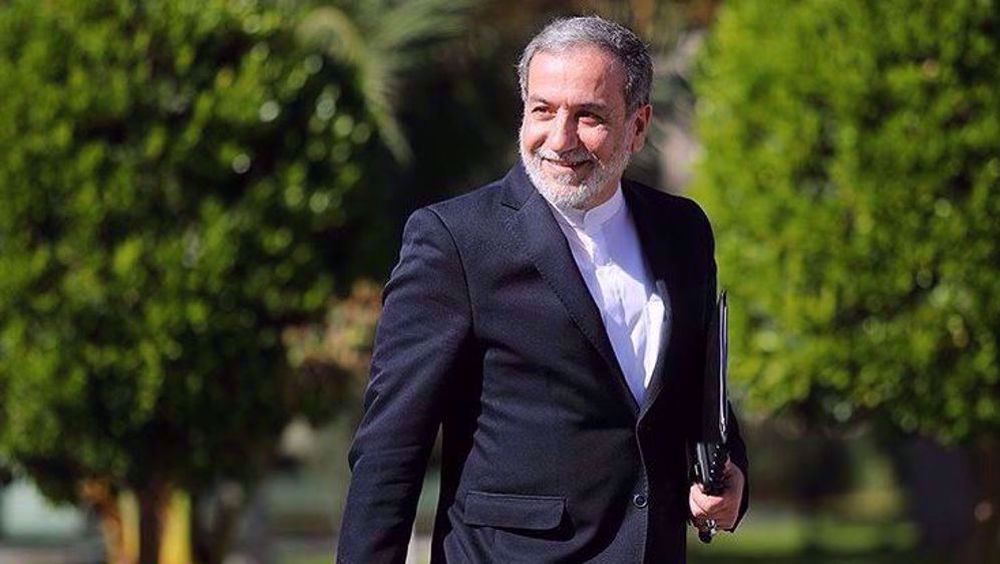
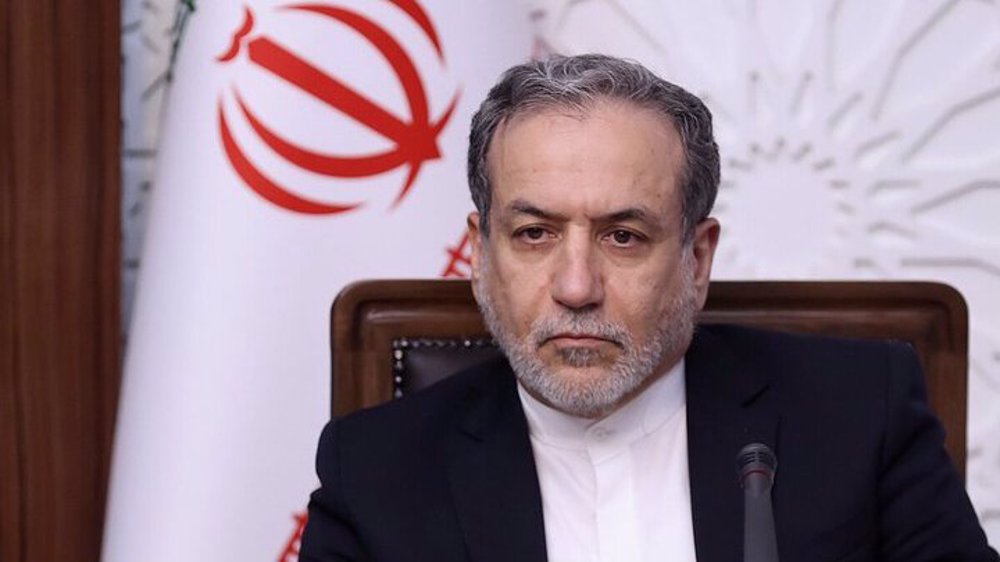
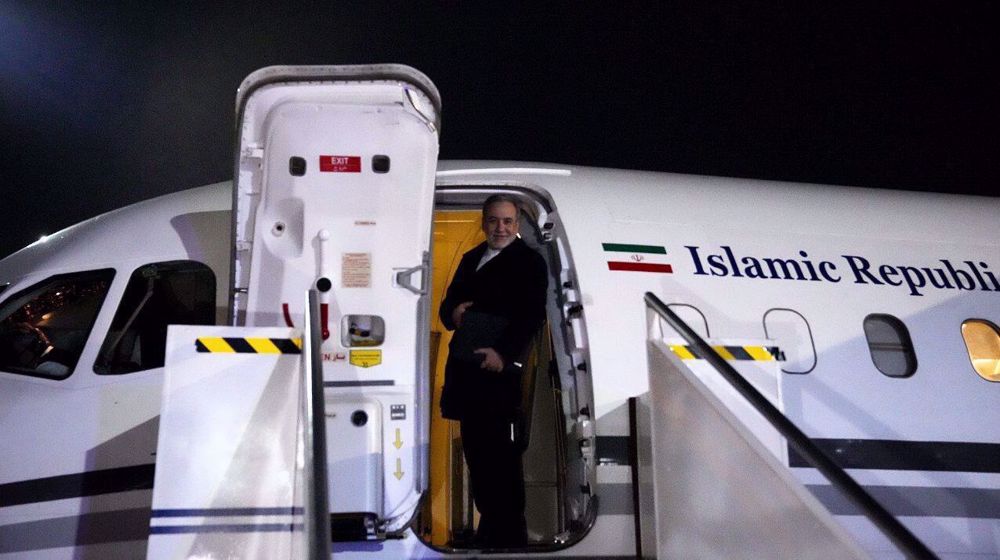
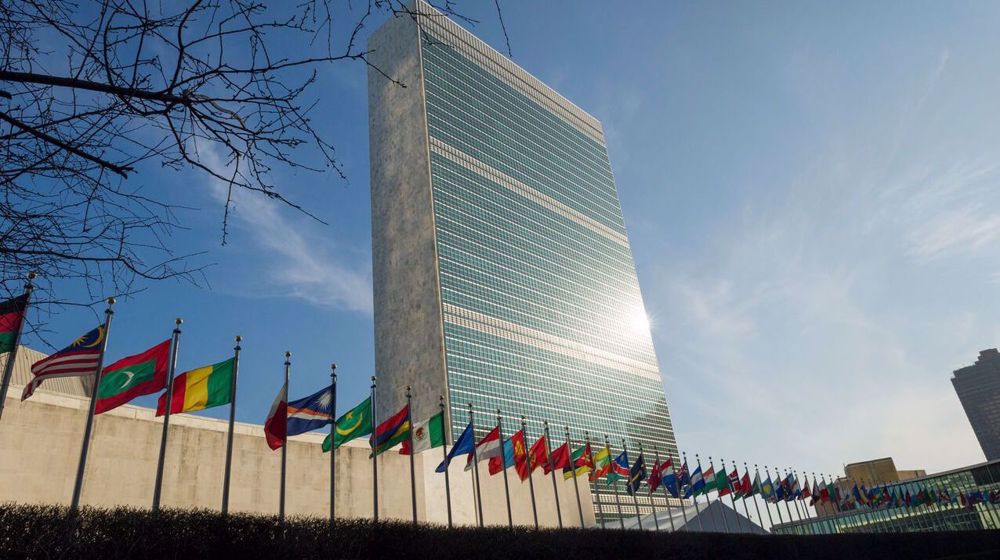
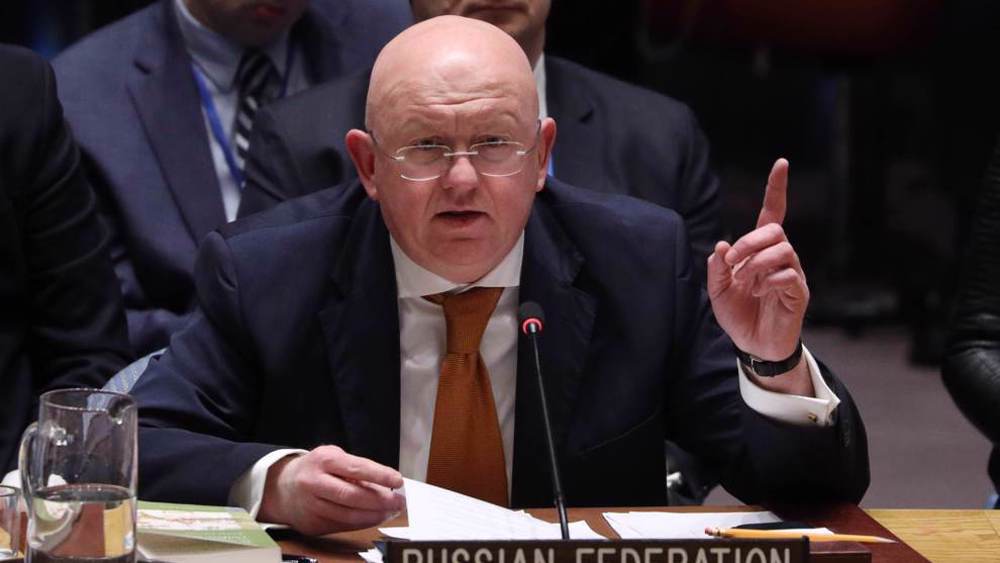



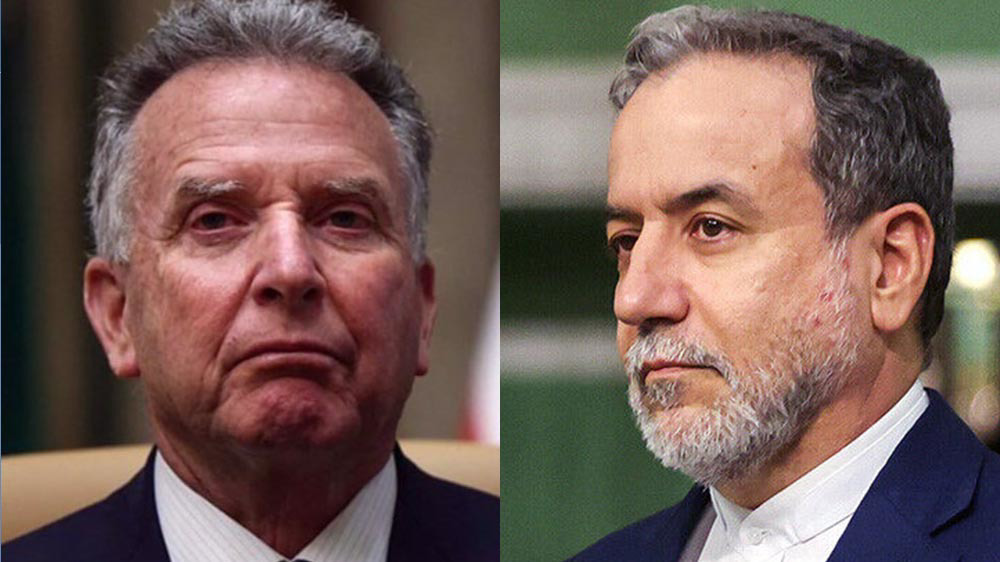
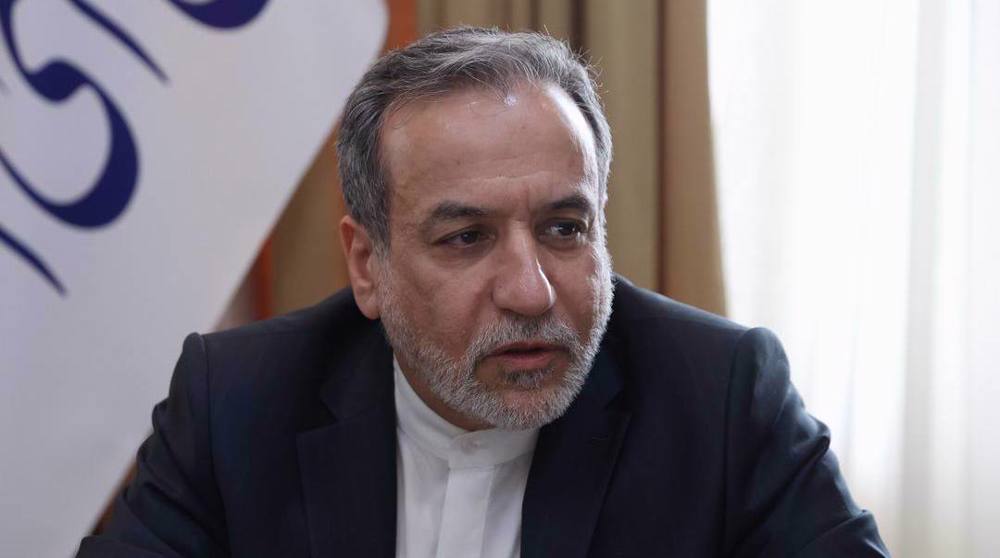
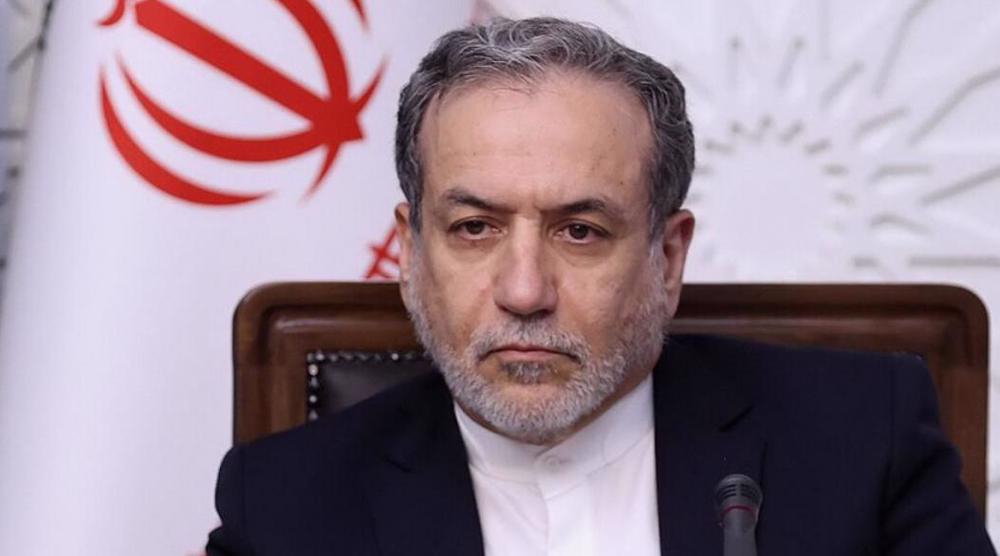
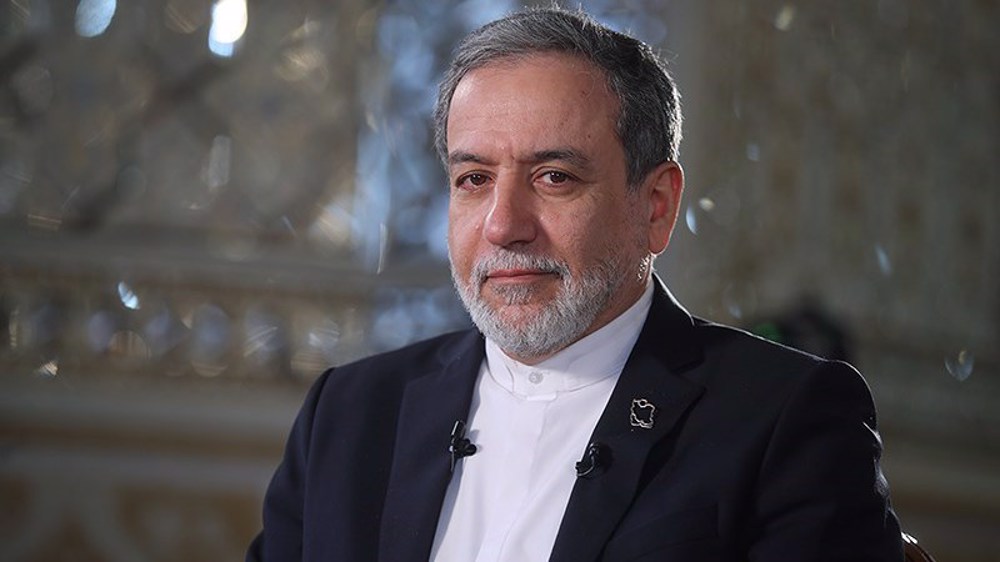
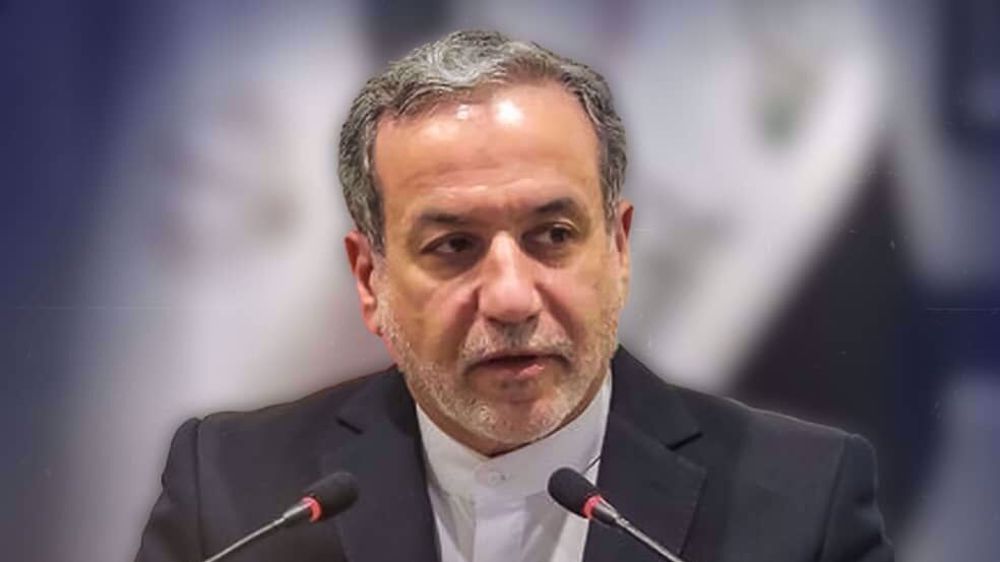

 This makes it easy to access the Press TV website
This makes it easy to access the Press TV website